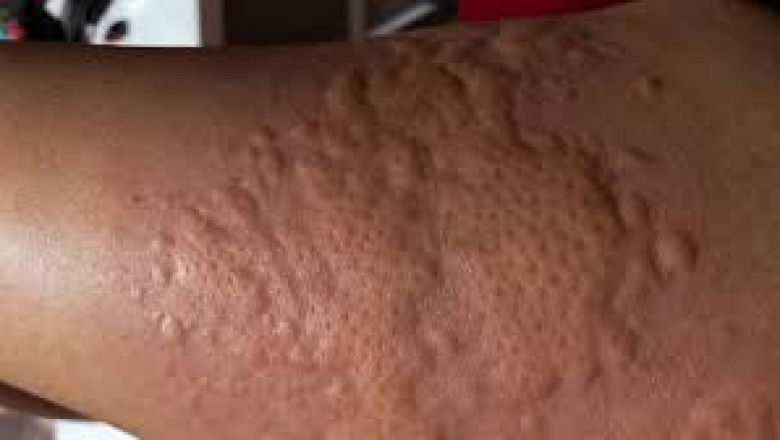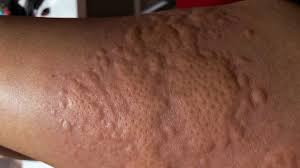views


Introduction to Skin Hardening
H3: Definition and CausesSkin hardening, medically known as scleroderma, is a group of autoimmune diseases that cause the skin and connective tissues to harden and tighten. Various factors, including genetic predisposition and environmental triggers, can lead to this condition.
H3: Symptoms to Watch ForSymptoms include skin thickening, stiffness, and difficulty in movement. However, as the condition progresses, it can affect internal organs, making awareness and early detection crucial.
H2: Understanding the Skin-Kidney Connection
H3: How Skin Conditions Affect KidneysThe connection between skin hardening and kidney health lies in the body's immune response. In cases of scleroderma, the immune system can mistakenly attack not just the skin but also internal organs, including the kidneys, leading to renal complications.
H3: Case Studies and ResearchSeveral studies have highlighted this connection, showing that patients with severe skin hardening are at a higher risk of developing renal problems, including hypertension and renal crisis.
H2: The Dangers of Untreated Skin Hardening
H3: Short-Term ComplicationsInitially, untreated skin hardening can lead to discomfort, decreased mobility, and minor skin infections. However, these can quickly escalate if left unaddressed.
H3: Long-Term RisksOver time, the risk of severe complications, such as kidney failure, increases significantly. This progression underscores the importance of early intervention.
H2: Diagnosing Skin Hardening
H3: Medical Tests and ProceduresDiagnosis typically involves a combination of physical examinations, skin biopsies, and blood tests. Imaging tests may also be used to assess the extent of organ involvement.
H3: The Importance of Early DiagnosisEarly diagnosis is crucial for managing skin hardening effectively and minimizing the risk of kidney damage. It enables timely intervention and slows down the progression of the disease.
H2: Treatment Options for Skin Hardening
H3: Medications and TherapiesTreatment often includes medications like immunosuppressants and anti-inflammatory drugs. In some cases, physical therapy is recommended to maintain skin and joint flexibility.
H3: Lifestyle Changes and Home RemediesLifestyle adjustments, such as a balanced diet and regular exercise, can also play a significant role in managing symptoms and improving overall health.
H2: Preventive Measures and Awareness
H3: Daily Skincare RoutinesImplementing a daily skincare routine that includes moisturizing and protection from environmental factors can help manage skin symptoms and prevent complications.
H3: Regular Medical Check-UpsRegular medical check-ups are essential for monitoring the condition and adjusting treatment plans as needed. They also provide an opportunity for early detection of any kidney-related issues.
H2: Patient Stories and Experiences
H3: Success StoriesMany patients with skin hardening, when treated early and effectively, lead fulfilling lives. Their stories serve as powerful testimonials to the importance of early intervention.
H3: Challenges FacedHowever, the journey is not without challenges. Many patients face physical, emotional, and financial hurdles in managing their condition, highlighting the need for comprehensive care and support.
H2: The Role of Healthcare Professionals
H3: Dermatologists and NephrologistsDermatologists and nephrologists play a pivotal role in managing skin hardening and preventing kidney damage. Their expertise is vital in diagnosis, treatment, and ongoing management.
H3: Patient Education and SupportHealthcare professionals also have a responsibility to educate and support patients, helping them understand their condition and the best ways to manage it.
H2: Latest Research and Developments
H3: New TreatmentsOngoing research is continuously uncovering new treatments and therapies that offer hope for better management and outcomes.
H3: Ongoing StudiesContinuous studies are crucial for understanding the disease better, leading to more effective treatments and, eventually, a cure.












Comments
0 comment